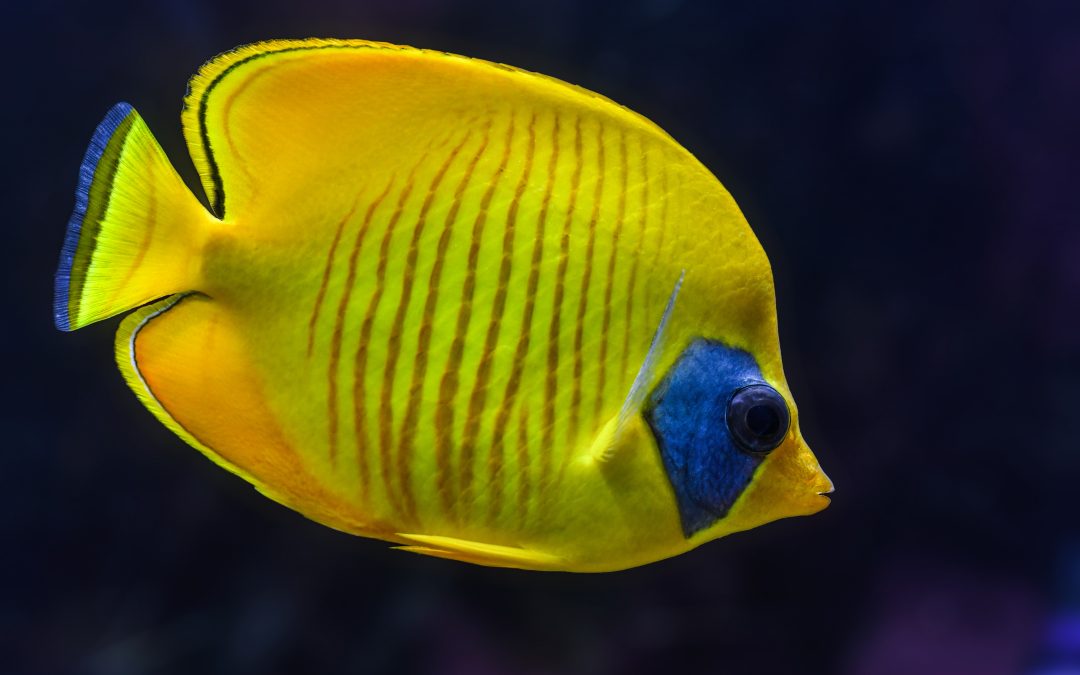Next to water and some fish, there is no component more important for sustaining an aquarium than fish tank filters.
Fish tank filters, which are currently the most complex systems in aquariums, function to remove poisonous chemical and biological wastes from the aquarium—and to prevent build up of materials that will generally foul the smell and water quality of the tank.
Most fish tank filters consist of two important moving parts: the first part is a filter that is designed to remove chemical agents from the tank. This will often include a build up of nitrogenous gases or phosphoric compounds.
The second part is a filter component that is designed to remove biological agents from the tank. This is essentially what keeps the tank looking and smelling clean. If plants are dying and breaking apart in the tank, the fish tank filters will prevent sludge build-up. If a fish is shedding skin, the fish tank filters will also remove these biological compounds, which often leave a nasty odor hovering above the tank.
In addition to using a fish tank filter, you may want to purchase a bottle of “Tidy Tank.” You can buy this product at most PetSmart stores.
If you match it to the specifications of your tank (i.e. Saltwater, freshwater, acidic pH, basic pH, etc), it will keep to your miniature ecosystem functioning properly; and will prevent chemical and biological build-ups.
In addition to fish tank filters and Tidy Tank, you will want to consider whether you need an air pump. These used to be a feature of virtually all tanks; however, if you need an air pump will be contingent on the filter you purchase.
If your filter is active enough, it may facilitate the oxygenation of your tank. In this case, you will not need to purchase an additional air pump.
Sometimes, the filter media in your fish tank can get a little too dirty and need to be replaced. It is important to know how often you should change out your filter media so that you are not over or under changing it.
The life span of filter media will vary depending on the size of the tank and how much bio-load it requires to keep up with the maintenance needs. In general, if you have a small tank with a low bio-load, then you will need to replace your cartridge more often than if you have a large tank with high bio-load.
A filter system can range from simple to complex, depending on the type of fish tank you have.
There are three basic types of filters:
(1) Biological or Chemical Filters
(2) Mechanical Filters
(3) Biological or Chemical Filters plus Mechanical Filters.
A mechanical filter uses an air pump to push air through a sponge or other material that can trap dirt and debris in it; while biological filters use bacteria to break down harmful substances in the tank. Biological filters house beneficial bacteria that break down waste products and remove ammonia, nitrites and nitrates from the water which helps keep your fish healthy. Higher quality filters will have both types of filtration systems for maximum efficiency.
When purchasing a fish tank filter system, it’s important to consider the following: types of filters, filtering capacity, and compatibility. Filtering capacity is the amount of water that a filter can process in an hour. The type of filter will depend on what you are trying to clean out from your tank.
The best way to ensure that your tank always has enough oxygen and water movement is by having a healthy filter media. A perfect filter system will be compatible with both your tank size and aquarium type (freshwater or saltwater).
Freshwater aquariums have a different set of requirements than saltwater aquariums. Freshwater needs a filter that is designed to take out the fish waste and trapped debris in the tank. These filters are typically cheaper and easier to maintain than their saltwater counterparts.
Saltwater tanks, on the other hand, need filters that can remove ammonia and nitrates from the water without taking all the necessary sea salts out of it. This is due to how expensive these filters can be for saltwater tanks, since they also need to function as a water purifier for your fish.
The freshwater filter is better for those who want something more affordable but still want good results in their freshwater aquariums, while salt water filters are better for those who want optimum efficiency in their tanks at an affordable price point.
Fresh water fish tank filters are more expensive to buy. They also need to be replaced every few months because they are not as durable as saltwater filters, which can last up to a year.
A saltwater filter is for people who don’t want to take care of too many things. It is designed specifically for salt water tanks and will remove ammonia, nitrites, and nitrates from the water.

